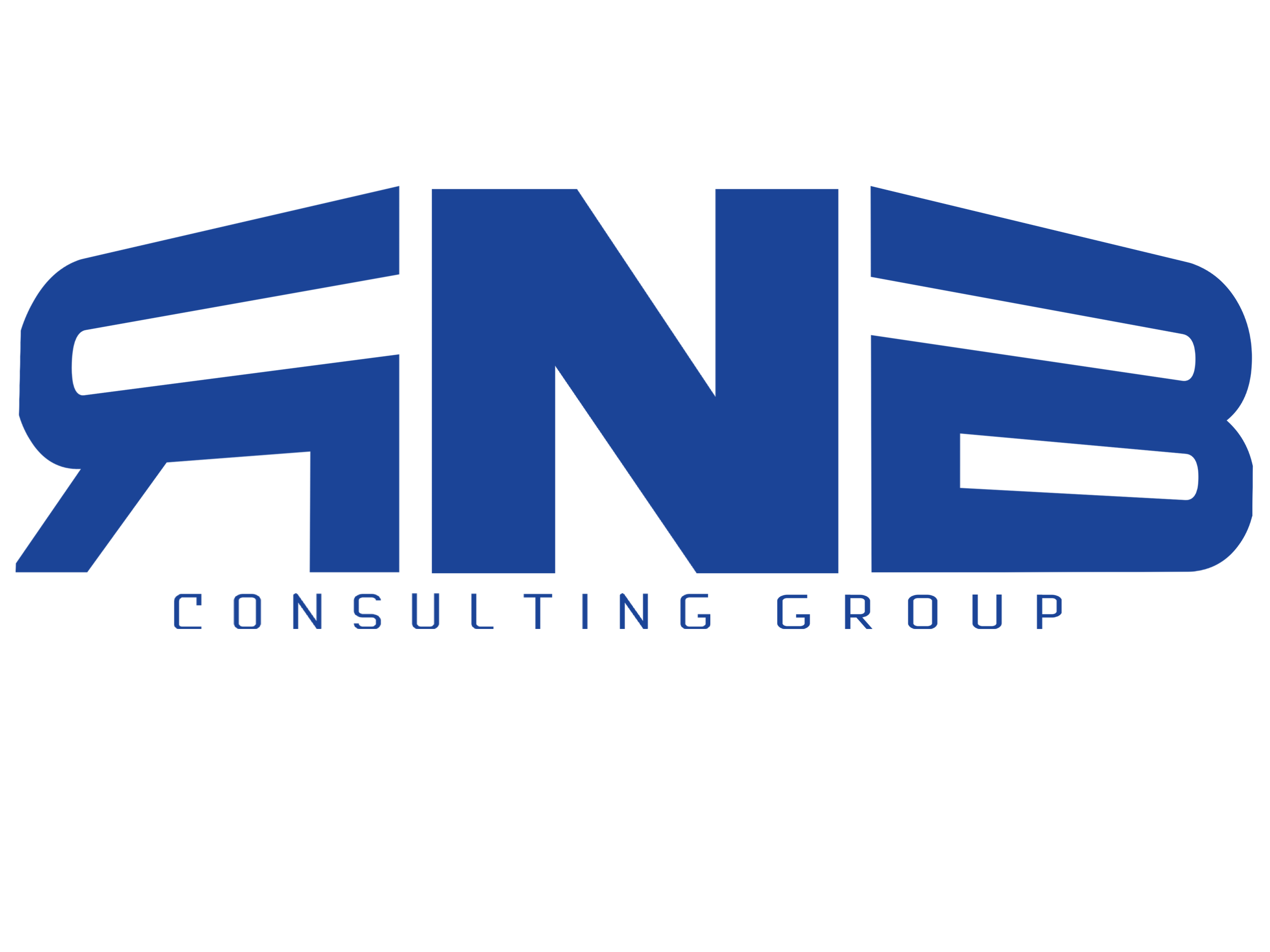In today’s fast-evolving pharmaceutical landscape, mastering digital marketing isn’t just advantageous—it’s essential for reaching healthcare professionals and patients effectively. According to Pew Research Center, 72% of internet users look up health information online, including information about specific diseases, treatments, and medical procedures.
As digital platforms increasingly shape how information is shared and decisions are made, pharma companies must implement strategies that resonate deeply with their audience. Let’s explore practical strategies with real-life examples that can help your pharma company forge meaningful connections online.
Understanding the Digital Landscape
Digital marketing for pharma encompasses a range of strategies including SEO, content marketing, social media engagement, email campaigns, and more. These approaches are pivotal for building trust, educating your audience, and nurturing long-term relationships. Effective digital marketing strategies not only enhance visibility but also empower pharma firms to connect directly with their target audience, providing valuable insights and fostering trust. To leverage these opportunities, let’s explore key strategies that can amplify your pharmaceutical company’s online presence.
SEO and Content Marketing
Effective SEO and content marketing strategies are fundamental to engaging today’s digitally savvy healthcare audience. Content Marketing Institute reports that content marketing generates three times as many leads as traditional outbound marketing, at a fraction of the cost. By conducting thorough keyword research and crafting high-quality content optimized for search engines, pharmaceutical companies can ensure their educational resources and product information reach those actively seeking health-related solutions. Now, let’s delve into actionable tips to enhance your SEO and content marketing efforts.
Keyword Research
Think of keywords as the compass guiding your content’s journey. By researching and incorporating relevant keywords—like treatment options or healthcare trends—into your content, you ensure that your material resonates with what your audience is actively seeking.
Imagine a patient newly diagnosed with diabetes searching for information on managing blood sugar levels. Novo Nordisk, a leading pharma company, uses keyword research to optimize content that addresses these queries, ensuring their educational resources rank high in search results and reach those in need.
Compelling Content
Content is your conversation starter. Whether it’s through insightful blog posts, informative videos, or detailed case studies, content should address real-world concerns and demonstrate your expertise in addressing them. For instance, articles that explain the benefits of new therapies or patient testimonials can engage readers deeply.
For instance, Pfizer’s “Get Old” campaign is a prime example of using engaging content to connect with an aging population. Through blog posts, articles, and social media, Pfizer educates seniors about health issues and offers solutions, thereby establishing themselves as a trusted source of information.
Educating Patients and Healthcare Professionals
Empower through education. Develop content that educates both patients and healthcare professionals about new treatments, breakthrough research, and best practices in disease management. By providing valuable information, you position your company as a trusted advisor in healthcare.
Johnson & Johnson’s Health Partner platform provides a wealth of resources for both patients and caregivers, offering insights on managing chronic conditions and highlighting innovative treatments. By focusing on education, J&J strengthens its relationship with healthcare providers and patients alike.
Social Media Engagement
Social media platforms have emerged as powerful tools for engaging both healthcare professionals and patients. According to the AMA Journal of Ethics, over 50% of healthcare professionals use social media for professional purposes, with LinkedIn being a preferred platform for accessing medical news and research updates. Leveraging platforms like Facebook, Instagram, and LinkedIn allows pharma companies to share timely updates, patient stories, and educational content, thereby fostering meaningful connections and enhancing brand visibility within the healthcare community. Discover effective social media engagement strategies in the next section.
Choosing the Right Platforms
Social media isn’t one-size-fits-all. For instance, LinkedIn is ideal for professional networking with doctors and researchers, while platforms like Facebook and Instagram offer direct avenues to engage with patients and caregivers.
Merck engages healthcare professionals through LinkedIn, where they share updates on medical breakthroughs and industry news. On the other hand, companies like Johnson & Johnson use Facebook and Instagram to connect with patients by sharing inspiring stories and health tips.
Consistent and Meaningful Interaction
It’s not just about posting—it’s about participating. Regularly share updates, success stories, and health tips to keep your audience engaged and informed. For example, sharing patient success stories or hosting live Q&A sessions can foster community and trust.
Sanofi’s Diabetes Facebook page serves as a community hub where patients can share their experiences and gain support from others facing similar challenges. Regular posts, interactive content, and responding to comments foster a sense of community and trust.
Listening and Learning
Understand your audience’s needs. Social listening tools allow you to monitor conversations about your brand and industry trends. This real-time feedback helps you tailor your content to address specific concerns and interests within your community.
Bayer uses social listening tools to monitor discussions around their products and industry trends. By understanding patient and healthcare provider sentiments, Bayer adapts their content strategy to address concerns and provide relevant information.
Email Marketing
Segmented email campaigns have proven to be highly effective in healthcare marketing. Campaign Monitor highlights that segmented email campaigns can increase open rates by up to 14% and click-through rates by 100% compared to non-segmented campaigns. By segmenting their audience based on demographics, behaviors, and preferences, pharmaceutical companies can deliver personalized content that resonates with healthcare professionals and patients alike. This approach not only enhances engagement but also nurtures long-term relationships through targeted communication. Explore best practices for implementing segmented email campaigns in the following tips.
Segmentation for Personalization
Treat your audience as individuals. Segment your email lists based on demographics, preferences, and behaviors to deliver personalized content that resonates with each recipient’s interests and needs.
Many companies like AstraZeneca segments their email list based on healthcare professionals’ specialties and interests. This allows them to deliver personalized content such as research updates and educational resources tailored to each recipient’s needs.
Informative Newsletters
Stay connected with valuable updates. Regular newsletters can include insights on new treatments, patient stories, and upcoming events, keeping your audience engaged and informed about the latest developments in healthcare.
Bristol-Myers Squibb sends out newsletters featuring patient success stories and treatment updates. These updates not only keep healthcare professionals informed but also inspire confidence in their treatments and innovations.
Automated Campaigns
Streamline communication. Automate emails for onboarding new subscribers, following up on webinar registrations, or sending personalized messages based on user behavior. This ensures timely and relevant communication without manual effort.
Gilead Sciences uses automated email campaigns to follow up with patients who have expressed interest in clinical trials. Automated reminders and updates ensure timely communication and enhance patient engagement throughout the trial process.
Partner with RNB Consulting Group for Customized Digital Strategy
Ready to elevate your digital strategy in the pharmaceutical sector and make a lasting impact? At RNB, we specialize in creating customized digital marketing solutions that are specifically tailored to meet the unique challenges and opportunities within the healthcare industry. Whether you’re looking to increase brand awareness among healthcare professionals, engage patients more effectively, or drive conversions through targeted campaigns, our expert team is here to help.
We understand the complexities of the pharmaceutical landscape and have a proven track record of delivering results-driven strategies. From optimizing your online presence with SEO and compelling content to harnessing the power of social media and email marketing, we’ll work closely with you to develop a comprehensive digital roadmap that aligns with your business objectives.
Contact us today to schedule a consultation and discover how our strategic approach can empower your brand to thrive in the digital age of healthcare marketing. Let’s collaborate to unlock new opportunities and achieve your marketing goals effectively.




